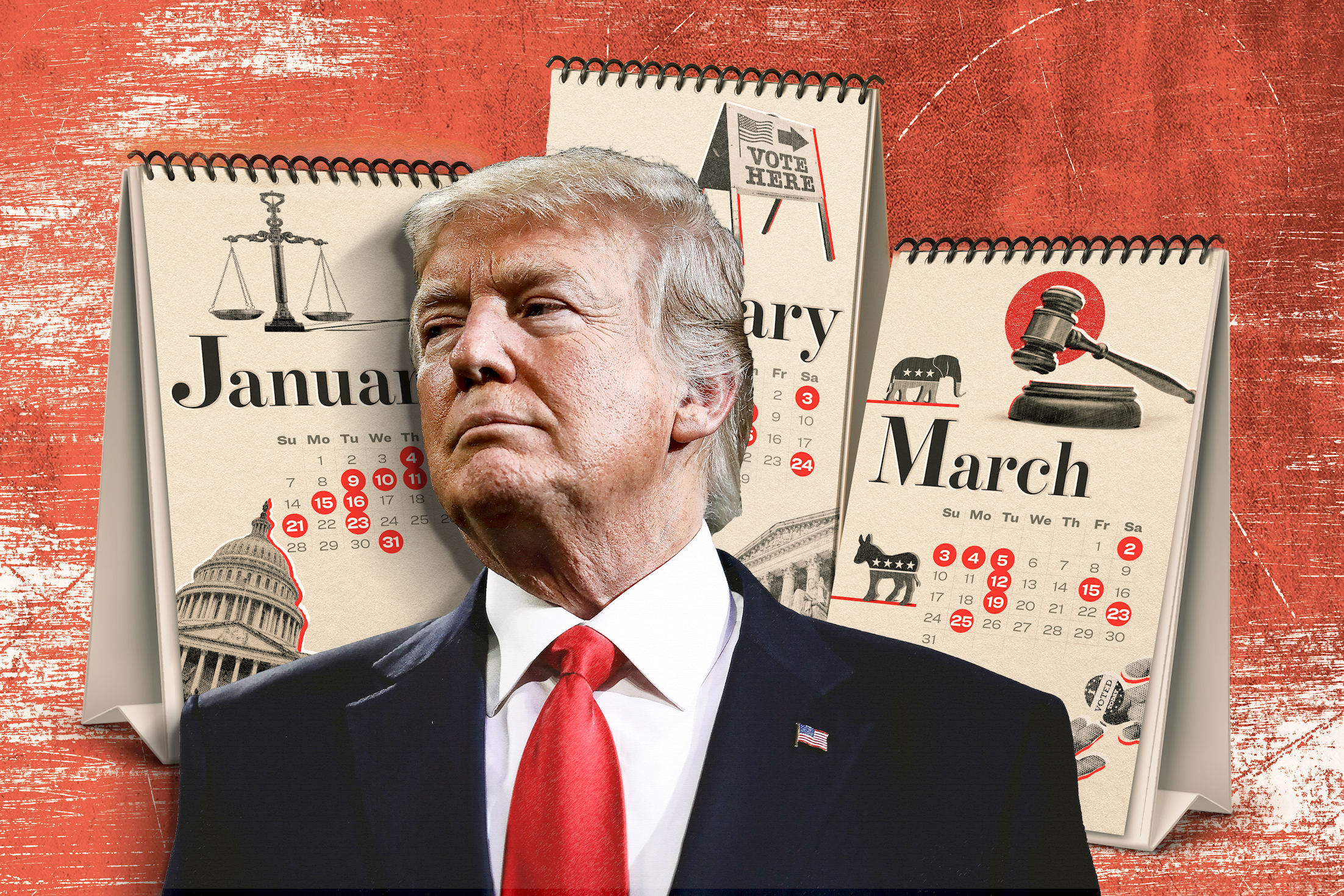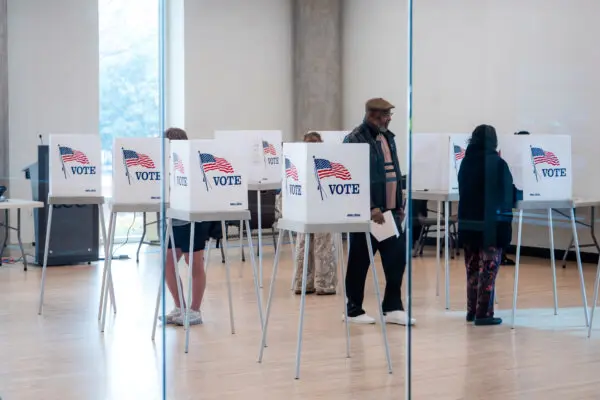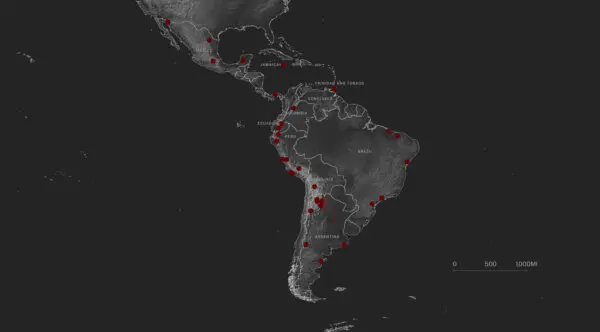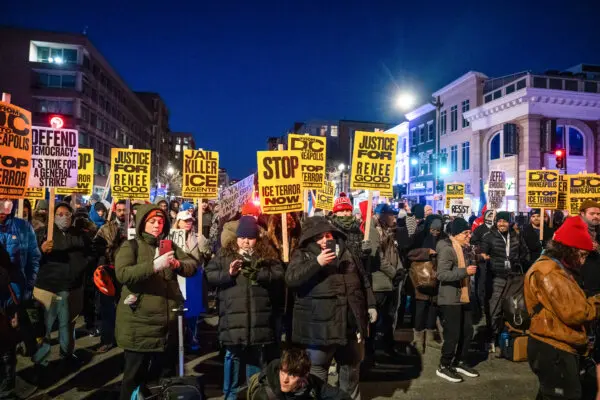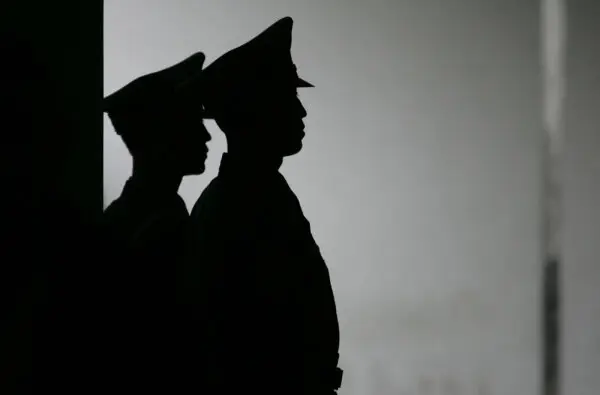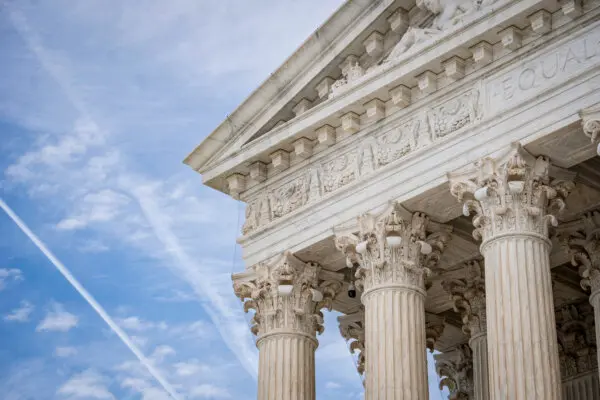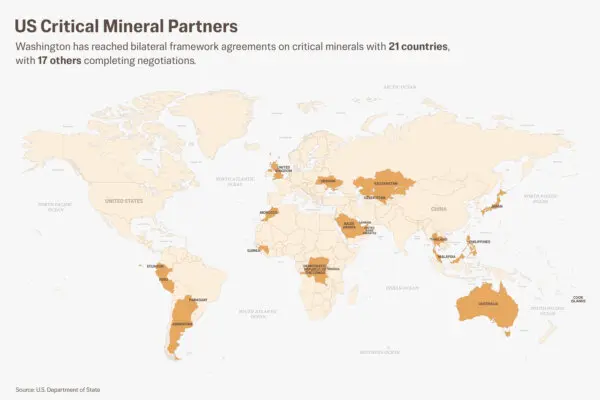Former President Donald Trump is heading into a hectic campaign season with court dates that could foster logistical and legal complications for an already unprecedented election.
The first quarter of 2024 has a host of primaries and caucuses that will determine the eventual Republican presidential nominee. During the same timeframe, the former president is scheduled to start at least two new trials with other appellate and pre-trial proceedings in the works.
